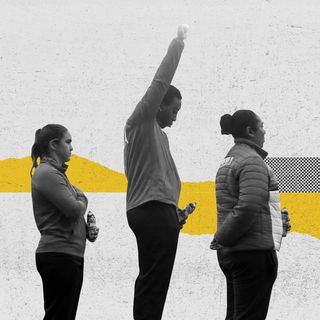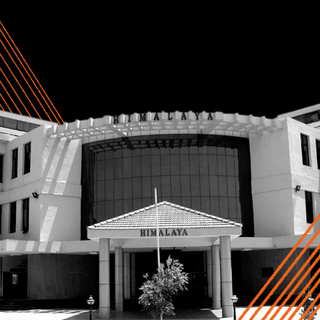Tribal rights activist and Jesuit priest Stan Swamy passed away today, hours ahead of his bail hearing in the Bombay High Court.
The 84-year-old Swamy was arrested in 2020 under the Unlawful Activities (Prevention) Act in connection with the Elgar Parishad case. Swamy suffered from Parkinson’s disease and other ailments. He was lodged at the Taloja Central prison, where his condition deteriorated. The court took up his plea for an urgent bail hearing on Sunday when he was put on ventilator support.
Owing to overcrowding in prisons and a heightened risk of contracting coronavirus, Stan Swamy had previously applied for bail in October last year. His petition, however, was rejected by a special court. In response to the petition, the National Investigation Agency (NIA) who carried out the arrest, replied: “The accused, Stan Swamy, under the garb of the current situation on account of the global pandemic Covid19, is trying to take an undue benefit of the situation…in seeking bail.”
Stan Swamy was the oldest of the 16 activists arrested in connection with the same case. The NIA’s charge sheet alleged that he was part of a plot to challenge the Narendra Modi government with an “armed militia” of Dalits and Muslims. The NIA had rejected his bail application twice before Swamy moved the Bombay High Court to appeal against the decision.
Swamy himself bemoaned pitiful conditions in jail while asking to go home instead of being taken to the hospital. “I was brought in healthy, to Taloja jail eight months back but over that period all my bodily functions have deteriorated. I can’t eat on my own, can’t bathe or walk on my own,” he told the court in May, adding that he would “rather die” in prison than be sent to the hospital.
His Parkinson’s made it difficult for Swamy to hold a cup; his request to procure a straw and a sipper, in addition to winter clothes last year, took almost a month to complete.
Related on The Swaddle:
Tell Me More: Talking Social Responsibility and Incarceration During Covid19 With Dr. Kafeel Khan
Activists and human rights bodies, both nationally and internationally, have condemned his arrest. “Most recently, the 83-year-old Catholic priest Stan Swamy, a long-standing activist engaged in defending the rights of marginalized groups, was charged and reportedly remains in detention, despite his poor health,” said the United Nations High Commissioner for Human Rights, Michelle Bachelet, in a statement last year.
Father Stan’s death is a national lament. It raises concerns about the indiscriminate use of anti-terrorism laws by the law enforcement agencies that deny the accused bail, dignity, and human rights. Activists have also pointed out the state’s vague and seemingly arbitrary charges against him and its neglect of his health and well-being in detention.
“In Father Stan, I found a compassionate person who wanted dignity and self-respect for all Indians,” Damodar Turi, who helped start anti-displacement advocacy in 2006 in Jharkhand with people like Swamy, told Article 14. “An ally of the oppressed, from the streets to the courts.”
During his stay in prison, Stan Swamy was deeply concerned about the plight of other prisoners, and, despite his Parkinson’s, hand wrote a letter describing his concerns. “Many of such poor undertrials don’t know what charges have been put on them, have not seen their chargesheet and just remain in prison for years without any legal or other assistance,” he stated.
In the same letter, Father Stan thanked his supporters for their solidarity towards him. “A caged bird can still sing,” he wrote.




